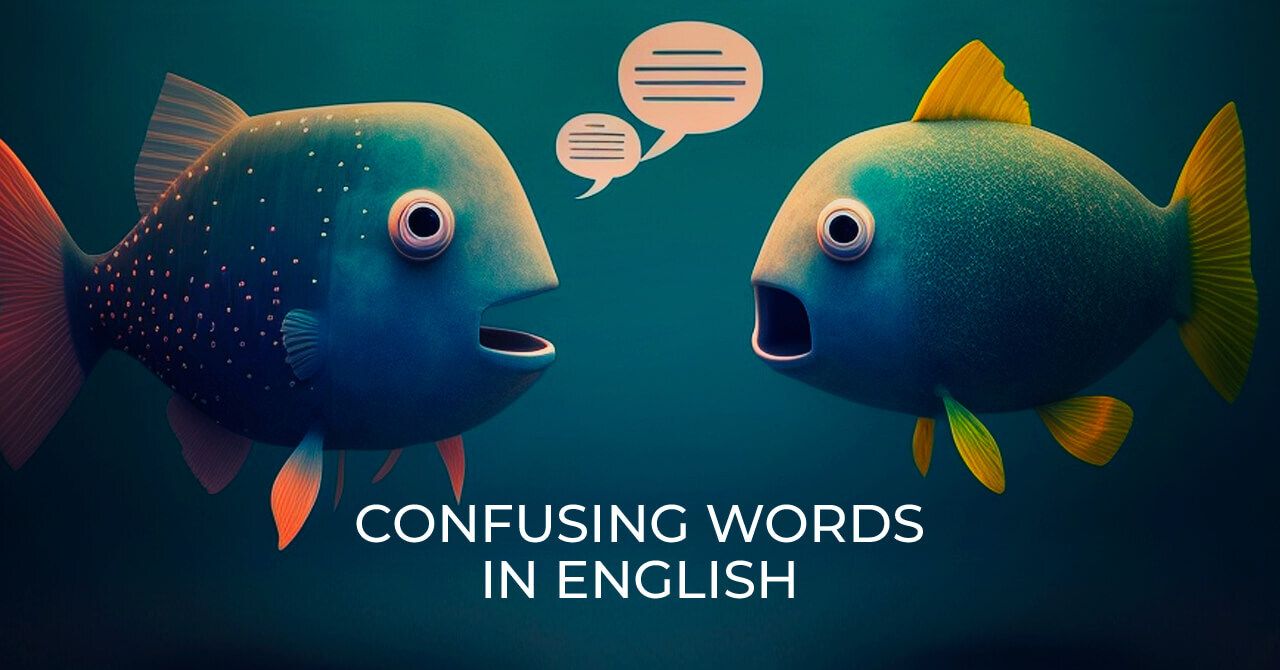
Confusing Words in English and How to Distinguish Them
I am Somayeh, a Cambridge CELTA, DELTA certified teacher, and in this article, I would like to talk about some confusing English words.
Principle and principal
“Principal” as an adjective means “important,” and as a noun means “headmaster of a school or college.”
For instance:
The college principal made a speech.
The principal reason for the failure to take action was poor communication between government departments.
Whereas “principle” is a noun and means “a rule” or “a theory.”
For instance:
The scientific principles behind even the most complicated computer are relatively simple.
Economic and economical
Both are adjectives but with different meanings. “Economic” is about anything related to the economy and money. For instance, “economic policy.”
Whereas “economical” is about something that is money-saving.
For instance, “an economical car.”
Farther and further
Both are comparative adjectives but with different meanings.
“Farther” refers to the distance.
My house is farther from the city center than yours.
Whereas “further” means “more” and “extra.”
For instance:
For further information, please ring 114.
Specially and especially
Both are adverbs but have different meanings.
“Especially” means “particularly.”
For instance:
She loves flowers, especially roses.
Whereas “specially” refers to the purpose of something.
For instance:
This kitchen was specially designed to make it easy for a disabled person to use.
Historic and historical
Both are adjectives but have different meanings.
“Historic” refers to something that is important in history.
For instance:
When the Berlin wall came down, it was a historic occasion.
Whereas “historical” means related to the past.
For instance:
I love reading historical novels.
Affect and effect
“Affect” is a verb and is used without a preposition.
For instance:
Depression can affect students’ exam results negatively.
Depression has a negative effect on students’ exam results.
Do and make
We use these two verbs with noun phrases.
“Do” focuses on the process of acting.
For instance, “do calculations.”
Whereas “make” focuses on the outcome of the actions.
For instance, “make a mistake.”
Efficient and effective
Both are adjectives but with slightly different meanings.
“Efficient” describes somebody or something that works quickly and in an organized way.
Whereas “effective” is used to describe something that provides you with a good result.
Lend and borrow
They are both verbs but are kind of opposites.
Lend money TO someone.
Borrow money FROM someone.
Been to and gone to
I have been to LA: I went to LA and returned.
I have gone to LA: I went to LA and haven’t returned yet.
Remember and remind
Both are verbs but have different meanings and are used in different structures.
For instance, I remember meeting her once.
For instance,
Jason reminded me of my father.
Remind me to email Tony today.
My name is Somayeh! I have been teaching English and IELTS for 17 years. I started teaching online 2 years before the pandemic and consequently, I know the best ways to teach English online.